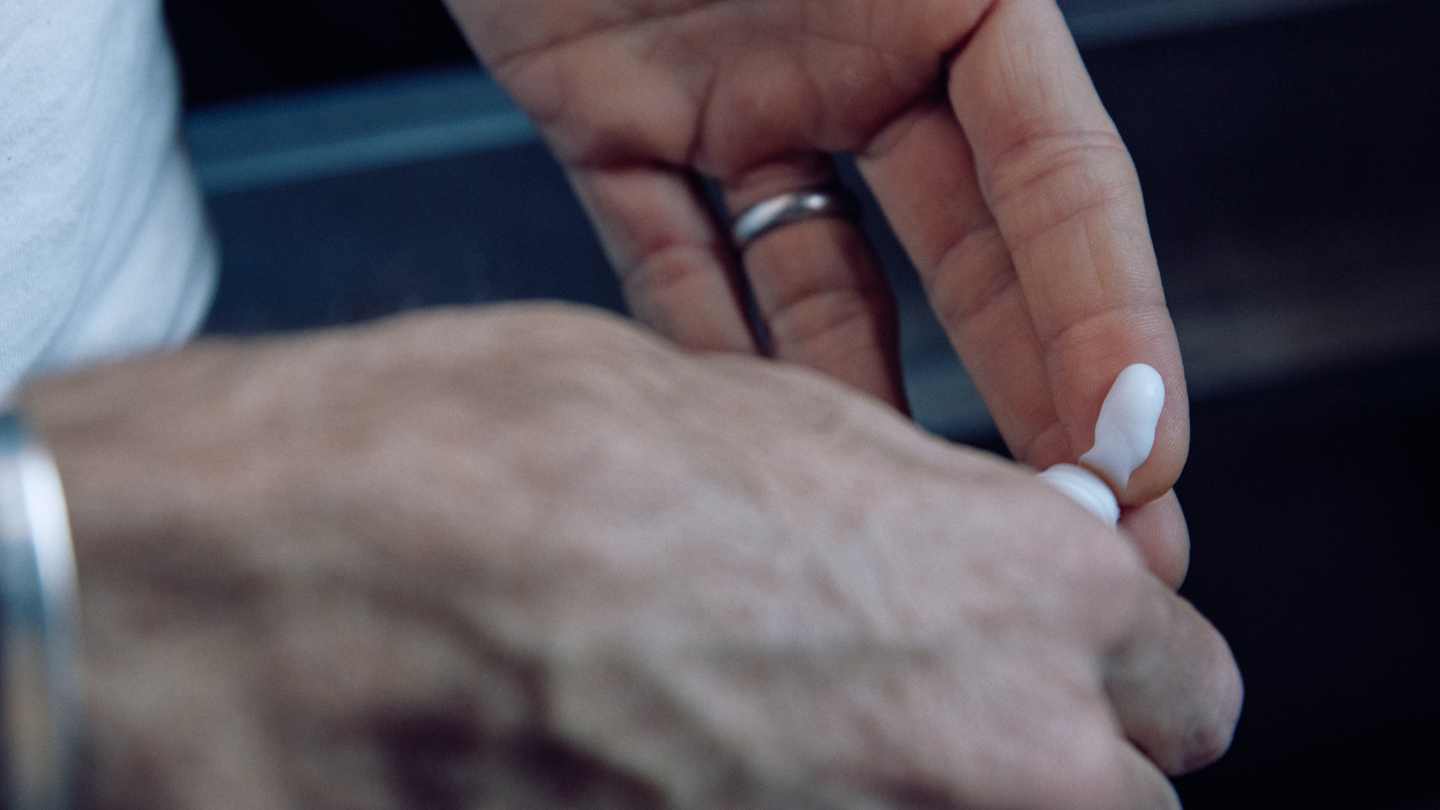There is no skincare ingredient currently more ubiquitous than hyaluronic acid (HA), and for good reason. This unassuming molecule, with its profound impact on skin health and rejuvenation, has become a staple in the grooming routines of those in the know – present in many skincare essences, serums, and moisturisers.
In this comprehensive guide, we'll delve into the intricacies of hyaluronic acid, revealing many insights and answering the most burning questions surrounding this ingredient.
The Science and the Benefits of Hyaluronic Acid
At its core, hyaluronic acid is a naturally occurring glycosaminoglycan found in the skin's extracellular matrix. It is hydrophilic, which means it has a strong affinity for water, and has the exceptional ability to bind water molecules, capable of holding up to 1,000 times its weight in water. This unique property forms the foundation of HA's skincare prowess, which has the benefit of boosting moisture levels, skin firmness, and aids the diffusion of other products.
HA molecules come in various sizes, and the best hyaluronic acid products feature a range of molecular weights that penetrate at various levels for more intense and sustained hydration on the surface and beyond. Leading research and development efforts are looking to enhance the delivery system of HA – with smaller particles for increased penetration and efficacy.
It is a potent humectant, and gains its moisture from the environment. And therefore, in theory, HA works better in humid climates! For this reason, apply hyaluronic acid to damp skin. HA reduces transepidermal water loss, supporting the skin’s natural barrier function. When applied, HA plumps the skin, smoothening its texture and improving visible complexion.
Combinations with Other Ingredients
Hyaluronic plays nicely with other ingredients, and is the versatile mainstay of a skincare routine, both day and night. A well-hydrated skin barrier more readily absorbs active ingredients.
-
Retinoids: Combining HA with retinoids can mitigate the dryness and irritation often associated with retinoid use.
-
Vitamin C: The synergistic use of HA and vitamin C can enhance collagen production and antioxidant protection.
-
Ceramides: Combining HA with ceramides can strengthen the skin barrier and improve moisture retention.
-
AHA/BHAs: Consider hyaluronic acid a restorative here. Whilst acids work to exfoliate the skin, using HA alongside this helps mitigate dryness, ensuring ideal skin comfort. Together, acids and HA make for a powerful retexturizing duo. Baxter of California’s Skin Concentrate BHA excels for this reason – blending salicylic acid with calming vitamin E and plumping hyaluronic acid.
- Humectants: Lock in hyaluronic acid serums, toners, and/or essences with a moisturiser to maximise hydration. It's a no brainer.
Frequently Asked Questions:
How Do People Use Hyaluronic Acid In A Skincare Routine? / How Can I Use Hyaluronic Acid On My Face?
People typically incorporate hyaluronic acid into their skincare routine through products like serums, moisturisers, or creams. These products are applied after cleansing, usually in the morning and evening onto a damp face. A dedicated hyaluronic acid essence is best applied before actives, as it can boost its efficacy. We love Clinique’s Maximum Hydrator Activated Water-Gel Concentrate for this reason – between a serum and a moisturiser, it is the perfect pre-application step to be followed with an active. It is a wonderful lightweight moisturiser in its own right.
Do Hyaluronic Acid-Based Serums and Moisturisers Actually Work on Dull Skin?
Yes, hyaluronic acid-based products can work effectively on dull skin. They hydrate the skin, improving its texture and give it a plump, radiant appearance. For a comprehensive treatment of dull skin, combining HA with vitamin C may yield even better results. Urth’s Face Balm does just that, and with SPF15, it is ideal for daytime use.
How Often Do I Have to Use Hyaluronic Acid?
The frequency of hyaluronic acid use can vary depending on the product and your skin's needs. Typically, it's used daily, both in the morning and evening and whenever the skin needs a hydration boost.
Don’t want to think about it? No worries: Jaxon Lane's Relax and Repair Moisturiser is sheer ease. One pump into the hands and applied to the face refreshes the skin and produces a healthy and natural appearance.
Can You Put Too Much Hyaluronic Acid On Your Face?
While hyaluronic acid is generally safe for most skin types, excessive use can potentially lead to overhydration or a sticky texture. Listen to your skin, and follow the instructions on the product! Looking for deep hydration? Urth’s Hydrating Mask Complex is new-age hydration, algae-rich and bursting with peptides and sodium hyaluronate. An occasional mask that works wonders.
Does Hyaluronic Acid Shrink Pores?
Hyaluronic acid primarily focuses on hydrating and plumping the skin. While it can improve the overall appearance and texture of the skin, it doesn't have a direct pore-shrinking effect. To address pore size, other treatments like niacinamide, acids, or retinoids may be more effective. We recommend Baxter of California’s Skin Concentrate BHA - it's an all-round re-texturiser!
What Are Some Other Names for Hyaluronic Acid?
Hyaluronic acid is the chemical name for the ingredient. The other common name for the ingredient is ‘sodium hyaluronate’, which is the salt form of hyaluronic acid. They are functionally equivalent and often used interchangeably in skincare products. Less common is ‘hyaluronan’, which is often the name bestowed to the ingredient in scientific contexts.
How Do I Start Using Hyaluronic Acid?
Chances are, you've probably used HA before, or are using one at present. Everyone needs hydration, and finding a moisturiser that makes use of the ingredient is a great start. Jaxon Lane's Relax and Repair is the perfect all-rounder.

